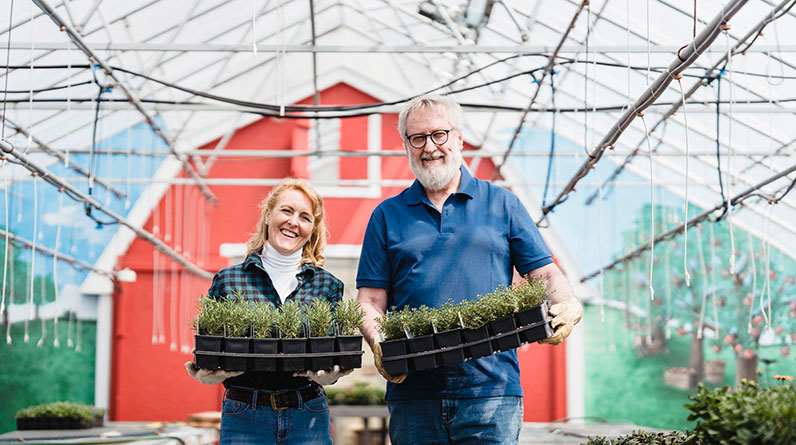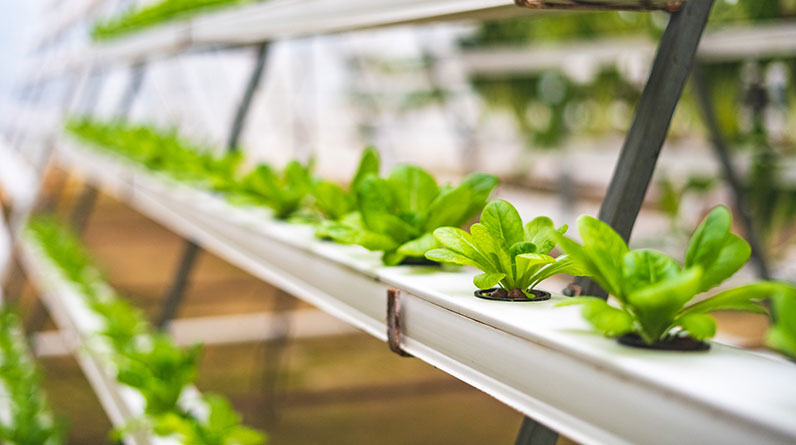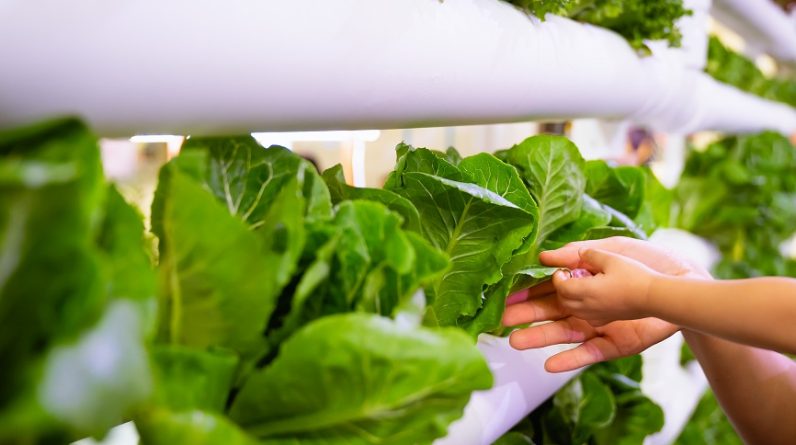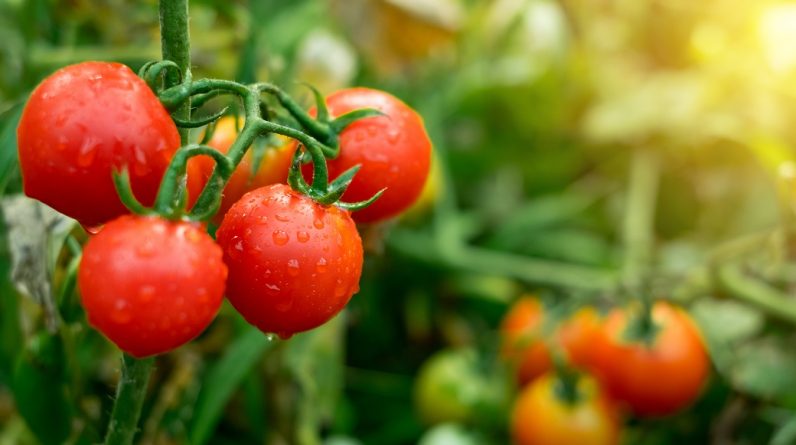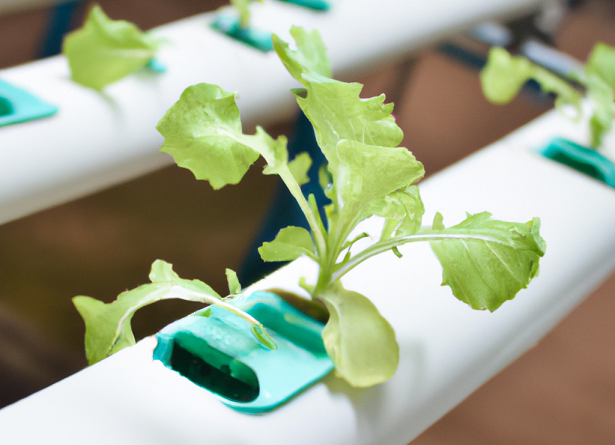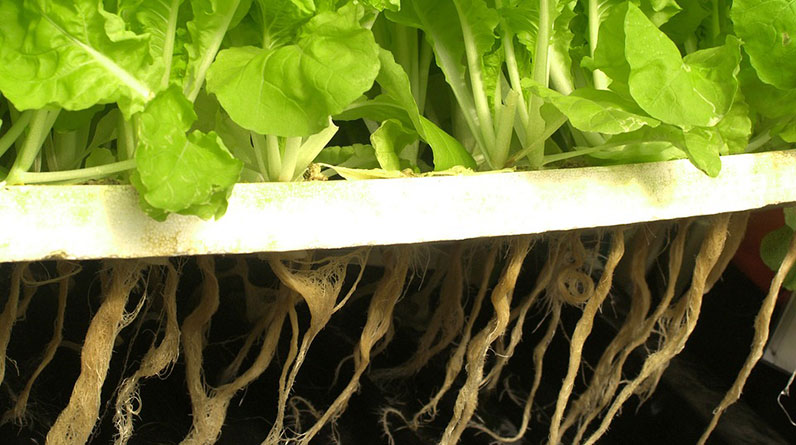
Is Hydroponic Gardening a Proven Growing System?
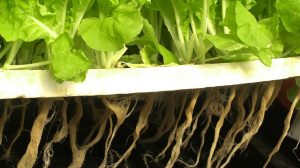 Hydroponic gardening is a form of agriculture that involves growing plants without soil. Instead, plants are grown in nutrient-rich water solutions that provide all the necessary elements they need to thrive. Hydroponics is becoming increasingly popular among gardeners and farmers, seen as a modern and more efficient approach to traditional soil-based cultivation.
Hydroponic gardening is a form of agriculture that involves growing plants without soil. Instead, plants are grown in nutrient-rich water solutions that provide all the necessary elements they need to thrive. Hydroponics is becoming increasingly popular among gardeners and farmers, seen as a modern and more efficient approach to traditional soil-based cultivation.
The Science behind Hydroponic Gardening
The science behind hydroponic gardening is based on the principles of hydroculture, which involves growing plants in a controlled, soil-less environment. In hydroponics, plants are grown in water that contains all the essential nutrients they need to grow, thrive, and produce crops. The water in which the plants are grown is often enriched with the necessary nutrients, allowing for optimal growth and plant health.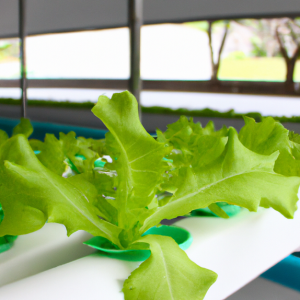
One of the key advantages of hydroponic gardening is its ability to increase crop yield and growth rate, up to two times more than with traditional soil-based cultivation methods. Hydroponics creates a controlled environment with fewer pests and diseases. It also allows growers to produce crops throughout the year, regardless of weather conditions, leading to more profit.
Types of Hydroponic Systems
There are several types of hydroponic systems, each with its unique advantages and disadvantages. The most popular methods are:
- Deep Water Culture (DWC)
- Aeroponics
- Ebb and Flow
- Nutrient Film Technique (NFT)
- Drip irrigation
Deep Water Culture is the easiest hydroponic system and consists of a container filled with nutrient-rich water, where plants are suspended through the use of net pots. Aeroponics involves suspending plant roots in air, with nutrient-rich water sprayed on the roots. Ebb and Flow systems flood and drain a container with nutrient-rich water, while NFT involves a continuous stream of nutrient-rich water flowing past the roots. Drip irrigation involves individual drippers that drip nutrient-rich water onto each plant.
Advantages of Hydroponic Gardening
Hydroponic gardening has numerous advantages over traditional soil-based cultivation, including:
- Increased yield and growth rate: Hydroponics can produce up to two times more plants in a given area and time frame than soil-based farming.
- Efficient water use: In hydroponics, water utilization is 10 times more efficient than traditional farming methods. This is because the water is recirculated within the system instead of evaporating, which saves water.
- Pest and disease control: Hydroponics creates a controlled environment with fewer pests and diseases, and less reliance on pesticides.
- Profitability: Hydroponics allows for year-round growing, enabling growers to produce multiple yields without relying on traditional growing seasons.
- Sustainability: Hydroponic farming is more sustainable compared to traditional agriculture because it requires less water and fertilizers, leading to less land degradation and soil erosion.
Challenges and Considerations
Despite the numerous advantages of hydroponic gardening, there are several challenges and considerations that growers must take into account:
- Capital costs: The cost of setting up a hydroponic garden can be considerably higher than traditional farming methods. However, with the right equipment and proper growing techniques, hydroponics can provide a higher return on investment than traditional farming.
- Technical expertise: Successfully growing plants hydroponically requires technical expertise. Growers must know how to balance nutrient levels and create a steady flow of water, among other skills.
- Dependence on technology: Hydroponic gardening requires certain technologies, such as electric pumps and timers, to maintain the efficient functioning of the hydroponic garden.
- Power and energy requirements: Hydroponic gardening systems require a steady source of power to keep water circulating, lighting systems on, and maintain air circulation. This can lead to higher power consumption costs.
- Limited plant varieties: Certain plants may not grow well in hydroponic conditions or may require specialized equipment or a different environment, making it less versatile than traditional agriculture.
Hydroponic Gardening Science Conclusion
In conclusion, hydroponic gardening is an innovative and efficient method of agricultural cultivation that relies on the principles of hydroculture. The nutrient-rich water solutions used in hydroponics allow plants to grow faster, produce more yields, and use less water than traditional agriculture methods. Although there are certain challenges and considerations to be aware of, hydroponic gardening has a wide range of advantages and is an increasingly popular and sustainable alternative to traditional agriculture.
Related Content
- The Ultimate Guide to Hydroponic Greenhouse Setup in 2025: Top Strategies & Tips
- Preserve Water with Innovative Hydroponic Techniques
- The Ultimate Guide to the Best Hydroponic Nutrient Solution Strategies 2025
- Sustainable Farming for the Modern World
- Is Hydroponic Farming the Future of Urban Agriculture?



